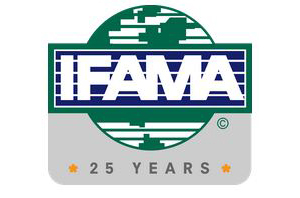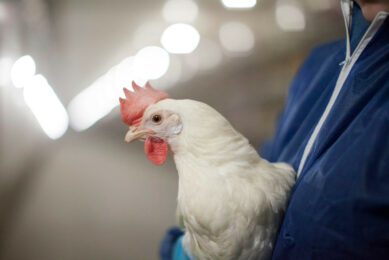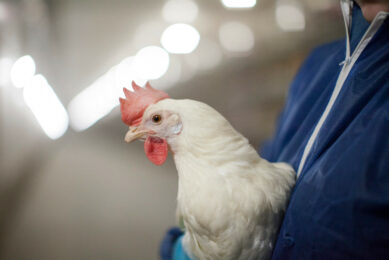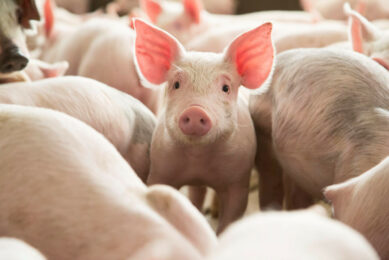Food World Forum takes GLIMPSE at Africa’s opportunities

Held on June 17 in Cape Town, South Africa, a special session at the Agribusiness and Food World Forum by the International Food and Agribusiness Management Association (IFAMA) focused on the publication of the latest edition of the journal “African Agribusiness on the Move.” The session allowed contributors to interact with both academia and the business community.
The cases presented opportunities for discussions on topics such as the impact of technology for African farmers and future projections for African markets, and described a wide range of businesses currently at work in Africa, including:
Small holder livestock farmsIndigenous plant productsTropical fruit snack productsTrade, import and export businesses
The session was opened by Aidan Connolly, vice president, corporate affairs of Alltech, who presented “GLIMPSE of the future; A lens through which to view Africa’s rising.” GLIMPSE is an acronym developed by Connolly that identifies the seven biggest obstacles to providing enough food to feed an increased population. The paper places agribusiness alongside governments, non-governmental organisations and charities as important players in addressing the problem of feeding a growing population, and identifies specific areas where agribusiness can make a difference in the world and Africa.
“Although ‘Africa’ is sometimes referred to as a single unit, in fact it is arguably the most diverse of all the continents,” said Connolly. “The GLIMPSE framework, developed to help break down the ‘wicked’ problem of food supply and security, is a useful way to address how to feed one billion more people in Africa.”
GLIMPSE is now being used by different organisations as part of their training or curriculum, including the Association of African Agribusiness schools in South Africa.
Professor Van Rooyen of Stellenbosch University addressed the importance of growth in agribusiness in Africa to represent a $1 trillion dollar business by 2030 and its role as a key driver of economic development, poverty alleviation and food security on the continent. He posed three scenarios to describe the leasing of land by foreign interests – as part of a ‘hit and run’ development and exploitation of resources, or ‘equitable and sustained’ growth or finally a ‘stop and go’ with even and inconsistent investments.
Both the World Bank and United Nations have pointed toward the agricultural sector as the most influential in reducing rural poverty, and imperative for growth in Africa. According to a March 2013 report “Growing Africa: Unlocking the potential of Agribusiness,” by 2030, it is estimated the food market for Africa will be $1 trillion and more than 50% of Africans will be living in cities. McKinsey and Company’s “Lions on the Move” (June 2010) also suggests that there will be over 128 million African families with discretionary income by then.
The mission of the Agribusiness and Food World Forum is to facilitate interactive discussions and presentations, to engage students, academic, government and business leaders and to place an emphasis on the human talent and potential to achieve global nutritional security.
“The expertise and resources of agribusiness firms, brought to bear on the GLIMPSE factors, can be an important part of the transformation of agriculture across the continent,” Connolly said. “Working with the best asset any country can have- its people- creates stronger economies that are resilient through commodity booms and busts.”











